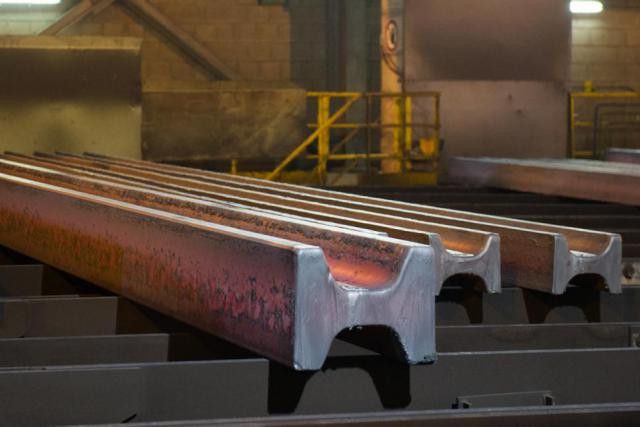Reporting on Thursday, Reuters wrote that the handover, originally planned for July, had been pushed back to 15 September.
It cited Italian industry minister Luigi Di Maio as saying that he would have to evaluate the environmental, social, economic and employment impact of the deal.
ArcelorMittal acknowledged the extended deadline by issuing a statement:
“The deadline extension is provided for within the terms of ArcelorMittal’s contract with the Italian government for the sale and purchase of Ilva. ArcelorMittal remains committed to reaching a satisfactory agreement with trade unions, in order to build a shared and sustainable future for Ilva. ArcelorMittal confirms its commitment to relaunching Ilva from an industrial, environmental and social perspective.”
Ilva is Europe’s largest steel plant but its polluting practices have led it to be widely regarded as an environmental and health liability. Di Maio is head of the 5-Star movement, which has in the past campaigned for Ilva’s closure. Ilva has been under state administration since 2015. ArcelorMittal reportedly paid €1.8 billion for the acquisition and promised to invest around €2.4 billion in the company.
ArcelorMittal said in a statement that projects were underway to clean up the site.
“Between now and the extended deadline, it is critical that the environmental projects which have already been initiated by Ilva continue as planned. These projects include coverage of the raw material stockyards and conveyor belts, and revamping the coking plants.”
Back in Luxembourg, the purchase has courted controversy for different reasons. The European Commission approved the purchase only on the condition that ArcelorMittal would sell a handful of sites to avoid creating a monopoly. Among the proposed sites put on the market was the Dudelange steel plant, raising concerns over its long-term viability under a new owner.
The commission said in May that the “steel plants would be sold to one or more buyers that will continue to operate and develop them, so they can compete effectively with ArcelorMittal. In other words, the sale of a plant to a buyer, which would plan to subsequently close it down, would not be an acceptable solution.”
